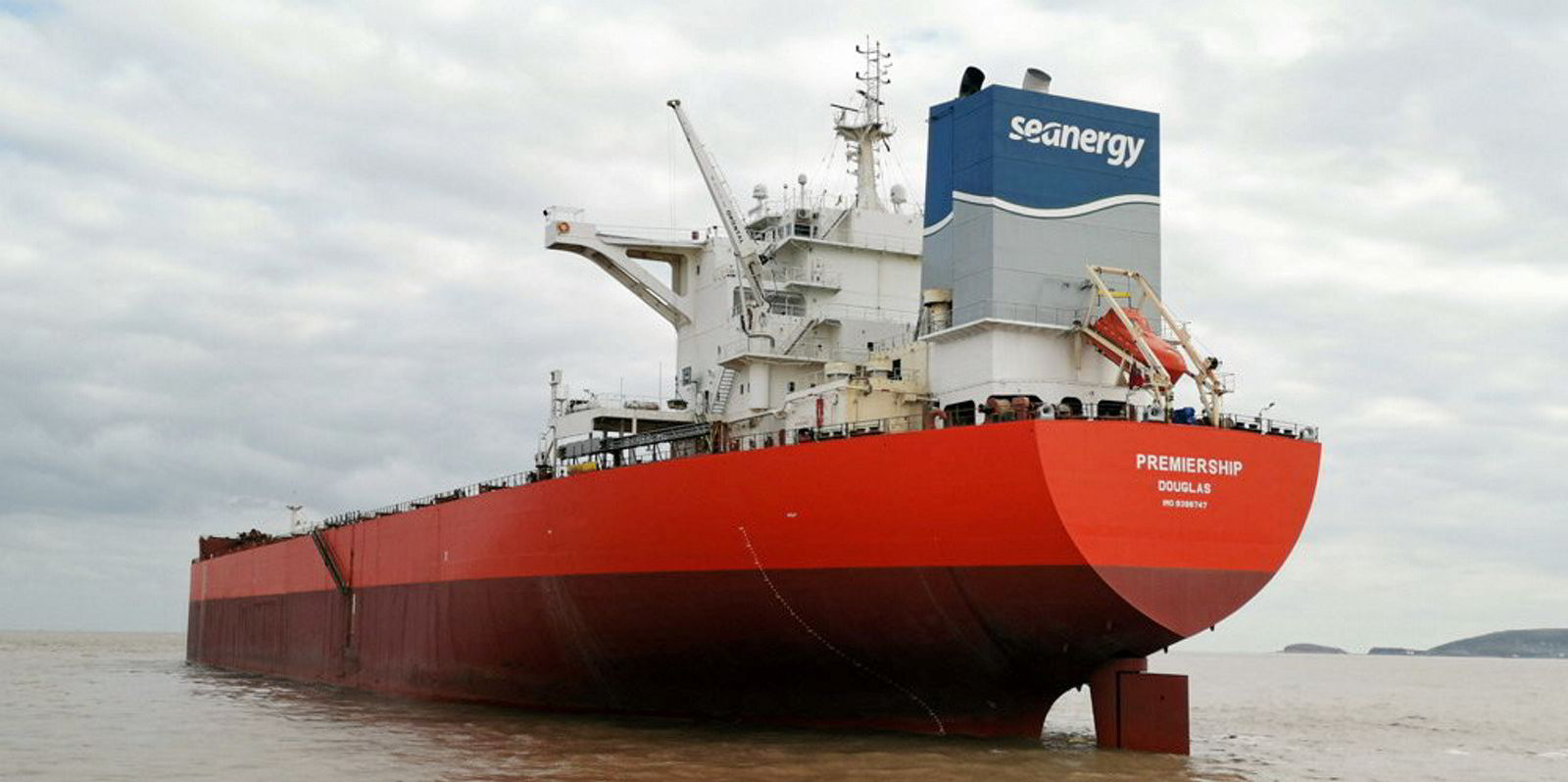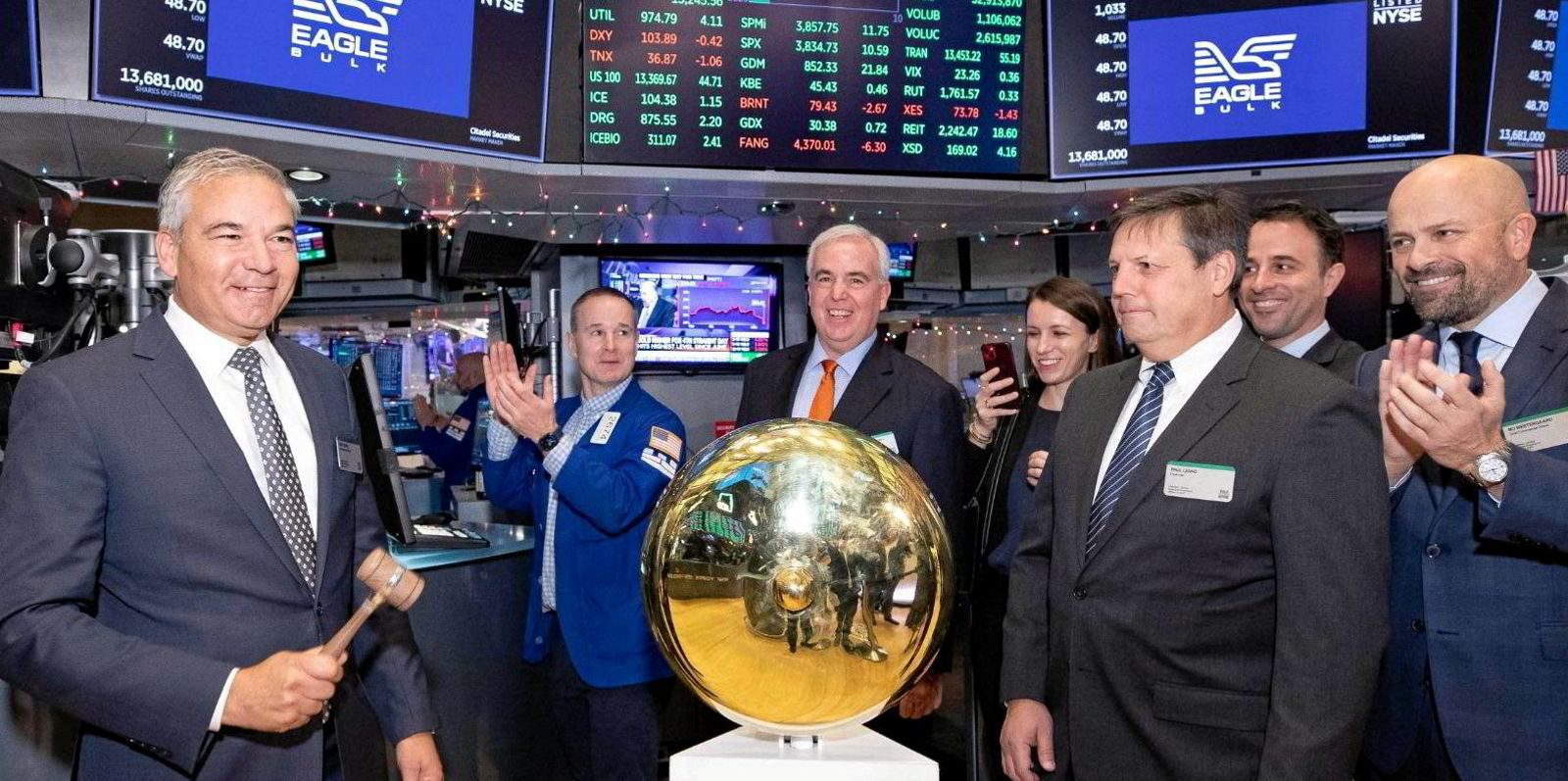An alliance of Swedish dry bulk charterers is working with class society DNV to develop new vessels powered by green fuels.
The Responsible Shipping Initiative (RSI) said it has launched a feasibility study with its Norwegian partner to develop a commercial framework for newbuilding orders to decarbonise the sea transport supply chain in the Baltic and North Sea areas and beyond.
The RSI members aim to reduce their Scope 3 emissions and meet sustainability targets in response to growing market demands and regulatory reporting requirements, the group said.
There is a strong need for green newbuilds to replace an ageing shortsea fleet, the partners believe.
Many of the vessels currently operating are expected to reach the end of their economic life in the next five to 10 years.
The study will be supported by research and development funding from the Swedish traffic administration Trafikverket.
The aim is to accelerate the energy transition by working with shipowners, suppliers and authorities.
“Despite great strides being made to reduce our carbon footprint from land transport, progress has been lagging in shipping, even though this accounts for a large share of our transport needs,” said RSI chairman Sebastian Tamm, sustainability and logistics manager at energy sourcing and logistics company EFO.
“This market-driven initiative is a great opportunity to share knowledge, define parameters and standards, find common ground and discuss possible synergies to determine what is achievable in relation to future shipping needs,” he added.
Making the right decisions
Tamm believes shipowners will be able to gain a better understanding of the market’s requirements to make the right newbuilding investment decisions as a result.
The work will focus on two alternative green ship concepts.
The Eco-Bulk project will look at reducing emissions as much as possible within current commercial terms, while the Zero-Bulk concept will examine zero-emission solutions over a longer term.
Alternative business models will be assessed, such as collaboration between shipowners and bunker suppliers.
“One of the key challenges to the broader uptake of alternative fuels is the uncertainties among shipowners about what the market wants and is willing to pay for over the lifetime of a new vessel,” said Hannes von Knorring, principal consultant at DNV Maritime.
“Transport buyers may also lack information on what options are available, and what the practical consequences are to their value chains. We have started by mapping each participating company’s current transport routes, cargo volumes, employed vessels and ports to understand the logistical and cargo handling requirements and identify areas with the largest potential for green fleet renewal,” he added.
Tamm explained the companies have already discussed some possible synergies, for example in the supply of alternative fuels and access to shore power, as well as how to use vessels more efficiently.
“Through this project, we will better understand the solutions that can be deployed, tailored to the needs of a large group of cargo owners,” he said.
The executive is hopeful that in the next five years, this could lead to standardised vessel sizes in regional trades.
Other RSI members are power company Stockholm Exergi, packaging operation Billerud, steel producer SSAB, forest owners’ association and industry group Sodra, and agricultural cooperative Lantmannen.





